We were talking about the West of Ireland and agreed that there were few greater gastronomic pleasures than a slowly and lovingly poured pint of Guinness accompanied by a generous helping of oysters, in a village restaurant overlooking the sea where peace comes dropping slow: where exertion is left to the bee-loud glade and anyone with any get up and go, got up and went several decades ago. ‘Beware too much glib romanticism,’ said one of our number. ‘You might be talking about some charming little place in Kerry, which could turn out to be a significant recruiting station for the IRA, sending plenty of young men with get up and go to go out and kill. Forget Innisfree: what about “As though to die by gunshot were/ the best play under the sun.” ’
Ireland not only produces more Guinness than it can consume; the same applies to history. That said, there was a wary optimism among the indomitable Irishry around the table. Wiser and more cautious than in the days of the Celtic Tiger, they were also uneasy because Sinn Fein is lying second in the opinion polls; that tiger still has claws. Even so, there was general agreement that the Irish economy is recovering. Ireland has two advantages. First, its Catholicism has a strong puritanical strain and when the markets imploded, a lot of the bog-trotters thought that their country was getting its just deserts. ‘We were never meant to have it that good; we were bound to be made to pay for our pleasures.’ This has helped the current Taoiseach, Enda Kenny — perhaps the most impressive PM Ireland has had — to sustain an austerity programme far tougher than in the UK: a tiger to a pussycat.
Second, although the Irish clergy are now notorious for educational atrocities, there were compensations. When they were not sodomising the children, they were educating them, with methods that were as effective as they were brutal. I know one girl who claims that she received 14 strokes of a leather strap across her hands from the nuns in one single day. There was no point in complaining to her parents. They would merely have told her that she must be a very wicked girl to have annoyed the Holy Sisters that much. So there was no alternative. She had to learn Latin, French and maths or she would have had no hands left. Although this is not quite what Isaiah Berlin had in mind when he warned us that the great goods cannot always live together, an education system steeped in cruelty has ensured that the Irish population is among the best educated in the world. That plus low corporate taxes and relaxing hospitality equals inward investment.
Talk of hospitality brought back memories of a trip to Dublin 30-odd years ago. Everything that could go wrong had gone wrong. The plane was hours late and by the time I reached my hotel, dinner time had got up and left. But I felt myself being scrutinised by a monkey-faced waiter the size of an undernourished jockey. ‘Wid ye be wantin’ som’tin to eat, sorr?’ I would. ‘Wha-at about roast beef sandwiches?’ We agreed on thickly cut, as rare as possible, brown bread and a pot of mustard. But I rapidly thought better of the mustard. ‘And som’tin to drink, sorr?’ ‘Definitely.’ ‘A bottle of red wine?’ ‘Splendid.’ ‘Wid ye be wantin’ a good bottle of wine?’ ‘Absolutely.’ ‘Wid ye have any cash on you, sorr — say, 20 pounds?’ ‘I’ll manage that.’
A few minutes later, I was furnished with admirable beef and with an Haut-Brion ’61, the perfect therapy for delayed planes, unreturned phone calls and other trivia.
Was I behaving immorally? Certainly not, and I can prove it. After an almighty struggle against temptation, I did not ask the waiter whether he might be around on the next evening. Like Clive, I stand astonished at my own moderation.
Got something to add? Join the discussion and comment below.
Get 10 issues for just $10
Subscribe to The Spectator Australia today for the next 10 magazine issues, plus full online access, for just $10.
You might disagree with half of it, but you’ll enjoy reading all of it. Try your first month for free, then just $2 a week for the remainder of your first year.


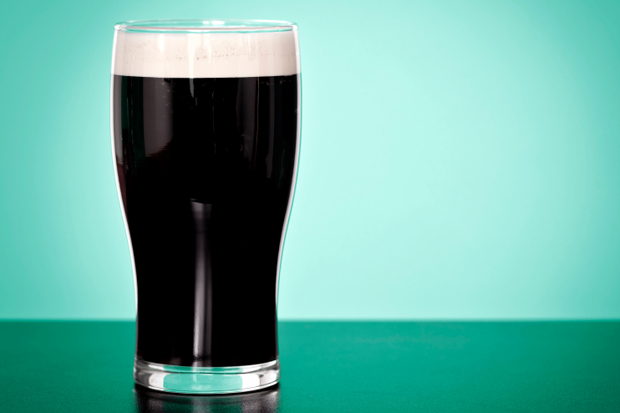
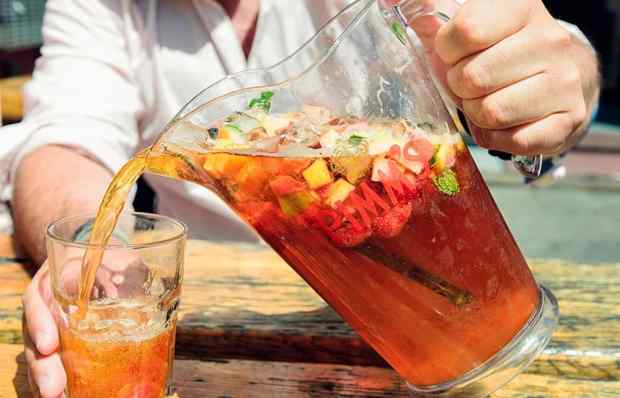

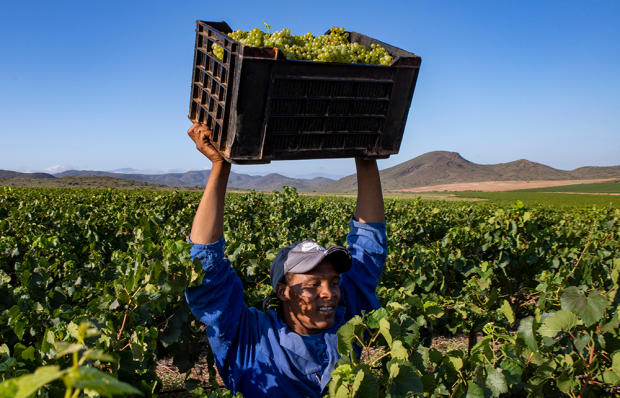

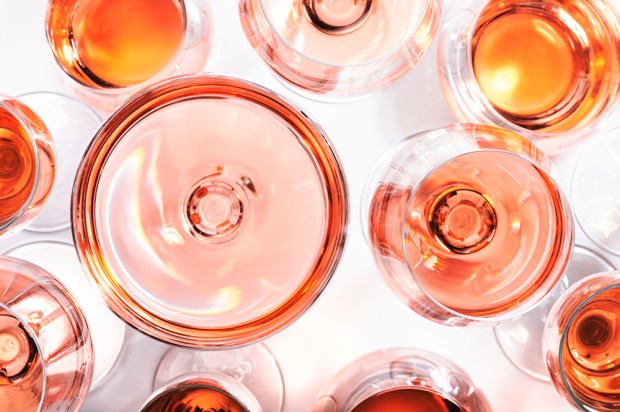
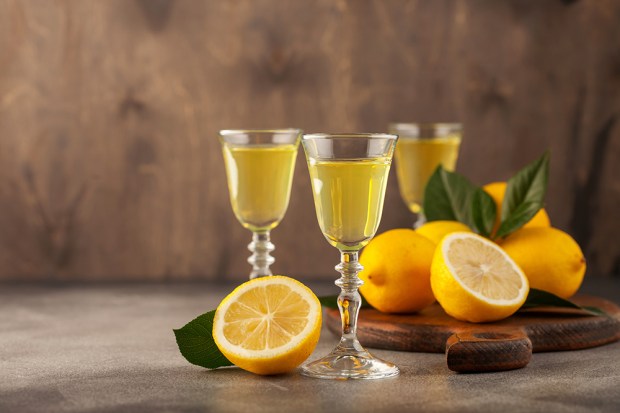






Comments
Don't miss out
Join the conversation with other Spectator Australia readers. Subscribe to leave a comment.
SUBSCRIBEAlready a subscriber? Log in